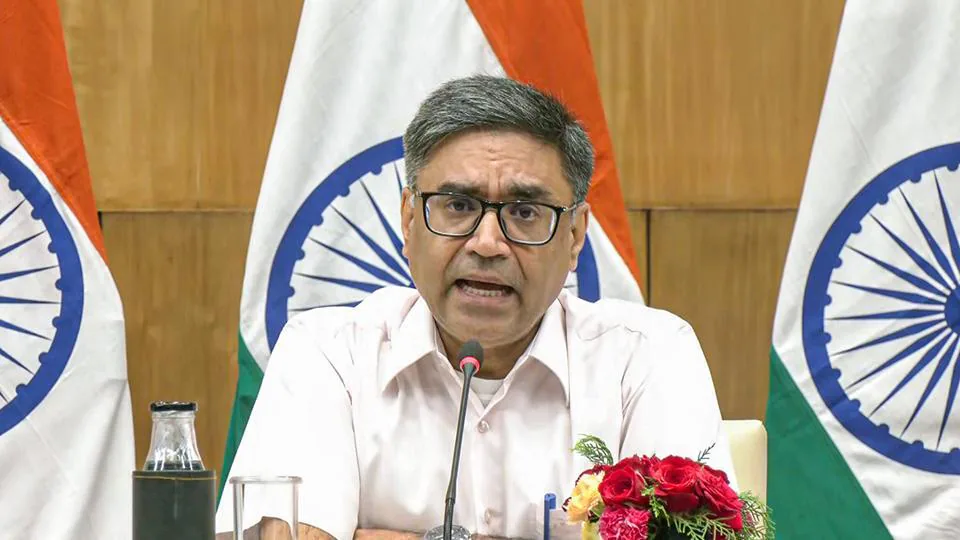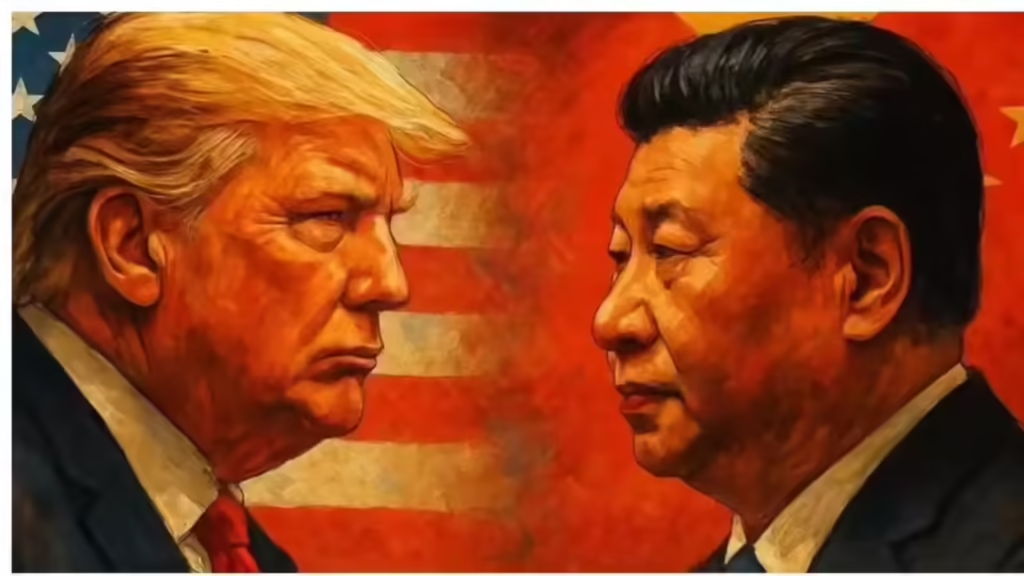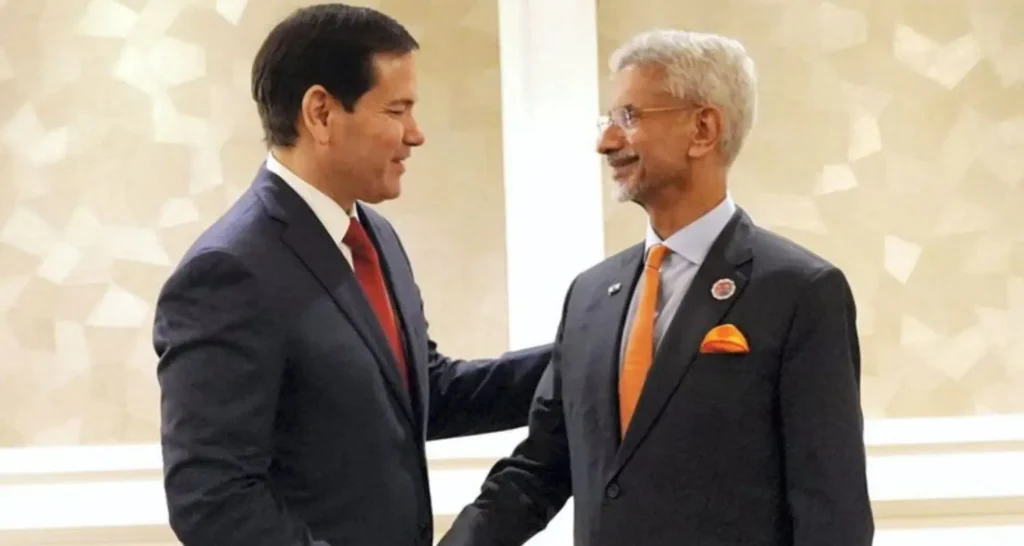Now Reading: India Rejects UK’s Unilateral Sanctions on Energy Trade, Emphasizes Energy Security
-
01
India Rejects UK’s Unilateral Sanctions on Energy Trade, Emphasizes Energy Security
India Rejects UK’s Unilateral Sanctions on Energy Trade, Emphasizes Energy Security

India has firmly rejected the United Kingdom’s recent sanctions targeting Russia’s oil sector, including Indian firm Nayara Energy, highlighting its commitment to energy security and warning against “double standards” in global trade.
Background of the Sanctions
On October 15, 2025, the UK imposed 90 new sanctions aimed at disrupting Russia’s oil revenues, which are crucial for funding its military activities in Ukraine. These measures targeted Russian companies and their global partners, including Nayara Energy, an Indian firm that imported over $5 billion worth of Russian oil in 2024. The UK government stated that the sanctions were intended to “strike at the heart” of President Vladimir Putin’s “war chest” by cutting off revenue streams.
India’s Response
In response, India’s Ministry of External Affairs (MEA) reiterated its stance against unilateral sanctions, emphasizing that energy security is a “responsibility of paramount importance” to meet the basic needs of its citizens. A spokesperson stated, “We do not subscribe to any unilateral sanctions,” and called for an end to “double standards” in energy trade. The MEA also highlighted that Indian companies source energy supplies globally, considering overall market conditions.
Implications for India
The UK’s sanctions have implications for India’s energy strategy, as Nayara Energy is a significant player in the country’s refining sector. While India remains committed to its energy security, the sanctions could impact trade relations and necessitate adjustments in sourcing strategies.
Conclusion
India’s rejection of the UK’s unilateral sanctions underscores its policy of strategic autonomy and commitment to energy security. As global energy dynamics evolve, India continues to prioritize its national interests while navigating complex international relations.

























